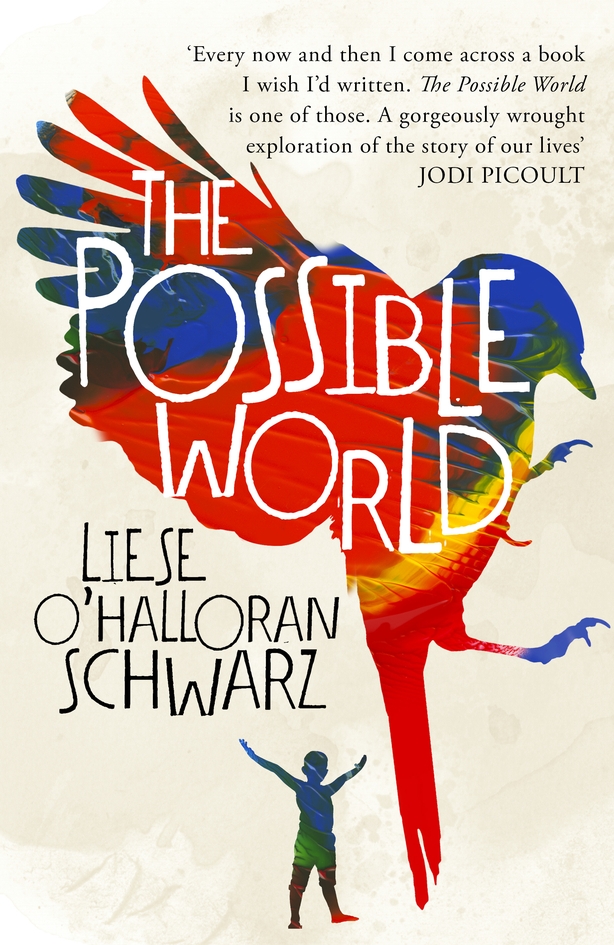Set in Providence, Rhode Island and spanning almost a century from the Great Depression, through the Vietnam War and up to modern times, The Possible World left RTÉ's Eileen Dunne underwhelmed.
This book comes highly recommended and no less a personage than Jodi Picoult is quoted on the cover saying ‘Every now and then I come across a book I wish I’d written. The Possible World is one of those. A gorgeously wrought exploration of the story of our lives.’
That it’s ‘gorgeously wrought’ in parts is undeniable, but at times I found it confusing and the characters difficult to empathise with.The story grapples with the issues of turmoil, loss and loneliness and how these affect the identities and actions of the three main characters Ben, Lucy and Clare.
The story is set in Providence, Rhode Island (whose state motto is 'Hope') and it spans almost a century from the Great Depression, through the Vietnam War and up to modern times.
The author, Liese O’Halloran Schwarz is an Emergency Department doctor from Washington, who now lives in North Carolina and maybe that’s why I found Dr Lucy Cole the most convincing character of the three. Dr Lucy is an ED doctor who is coming to terms with life as a singleton following a recent separation. Her job gets the blame, and she supplies a handy axiom: ‘you have to love medicine, it won’t love you back’.
One night, six-year-old Ben arrives in the Emergency Department. An anxious child and the sole survivor of an horrific crime, he remembers nothing. As the story develops, it turns out Lucy knew his mother and she feels drawn towards him. Could he be suffering from Disassociative Identity Disorder and how should he be treated?

Meanwhile, in another part of town, Clare is approaching her one hundredth birthday in a nursing home, guarding the secrets of her life closely. In fact she is barely speaking to anyone until new resident Gloria causes her to re-think. We’re all obsessed with our own story, especially those of us near the end of it.
Her life too has been hit by tragedy, and she has been forced to re-invent herself. How these stories intertwine shows how the threads of human connection can tie us in ways beyond what is tangible, but also forces us to suspend belief at times - to say any more would spoil the outcome.
There are references to Roscommon and a reform school, so I kept expecting the narrative to cross the pond - it didn’t - and I got a bit annoyed when several passages of Spanish were not translated for the reader (though some lines of French were.)
The story carries the reader along but I have to admit I was a little disappointed after all the hype.







